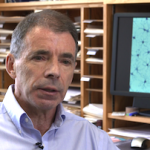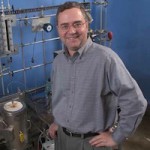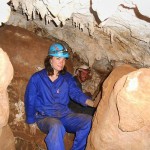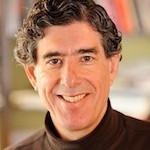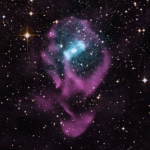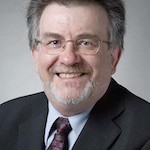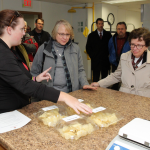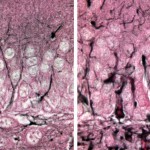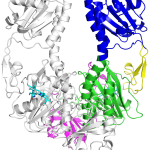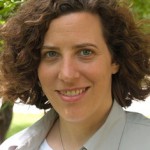Tag Research
Documentary connects multiple sclerosis, Vikings and Nordic skiing
Multiple sclerosis (MS), a neurological disease that affects more than 400,000 Americans, attacks the nervous system and causes many symptoms, including difficulty moving. But many who suffer from the disease defy its effects by maintaining an active lifestyle.
Poverty influences children’s early brain development
Poverty may have direct implications for important, early steps in the development of the brain, saddling children of low-income families with slower rates of growth in two key brain structures, according to researchers from the University of Wisconsin–Madison.
Control theorist Barmish challenges need to model financial markets
B. Ross Barmish hopes his research will build a bridge between control theorists and financial scholars. Barmish, a professor of electrical and computer engineering at UW–Madison, posits that not only are predictive models of financial markets unreliable, but also that stock traders can do without predictive models, simply by applying control theory to the markets.
Wisconsin engineer honored for ongoing innovation
Corn may be a dietary staple for humans and animals around the world, but in Jim Dumesic's eyes, the plant "waste" left after the harvest holds even more potential as a renewable bio-based source of fuels and important chemicals. On Dec. 10, the National Academy of Inventors (NAI) named Dumesic, the Steenbock professor and Michel Boudart professor of chemical and biological engineering at the University of Wisconsin–Madison, among 143 leading innovators elected to its 2013 class of fellows.
Anthropologist, ‘underground astronaut’ strike fossil gold in South Africa dig
Squeezing through a gap called the International Postbox and climbing the jagged Dragon's Back were not in Alia Gurtov's plans for the fall semester, but she made an exception in order to participate in a wildly successful archaeological expedition into a South African cave.
Study reveals gene expression changes with meditation
With evidence growing that meditation can have beneficial health effects, scientists have sought to understand how these practices physically affect the body.
Fledgling supernova remnant reveals neutron star’s secrets
With the help of NASA’s Chandra X-ray Observatory and the Australia Telescope Compact Array, an international team of astronomers has identified the glowing wreck of a star that exploded a mere 2,500 years ago — the blink of an eye in astronomical terms.
Estrogen: Not just produced by the ovaries
A University of Wisconsin–Madison research team reports today that the brain can produce and release estrogen - a discovery that may lead to a better understanding of hormonal changes observed from before birth throughout the entire aging process.
Researchers discover early step in blood stem cell development
University of Wisconsin School of Medicine and Public Health (SMPH) researchers have discovered a very early regulatory event that controls the production of blood stem cells and the adult blood system.
‘Dictionary of American Regional English’ returning to the field, virtually
Between 1965 and 1970, graduate students from the University of Wisconsin–Madison and other institutions hit the road to capture the unique character of the way Americans speak.
Dairy science in spotlight as field advances
Dairy science is no longer the field of straw hats and bib overalls. The UW’s future is as thoroughly milk-soaked as its past.
Rare disease yields clues about broader brain pathology
Alexander disease is a devastating brain disease that almost nobody has heard of — unless someone in the family is afflicted with it. Alexander disease strikes young or old, and in children destroys white matter in the front of the brain. Many patients, especially those with early onset, have significant intellectual disabilities.
Connection found between nitrogen levels in water and toxic algae production
Scientists have long known that phosphorus fuels growth of algae in lakes and streams. Wisconsin Sea Grant researchers have found that nitrogen levels are a factor in whether or not these algae – specifically, blue-green algae –produce toxins. The findings, published in PLOS ONE have parts of the scientific community buzzing.
New technology could help food crops thrive in crowded fields
With the global population expected to reach 9 billion by 2050, the world's farmers are going to need to produce a lot more food - but without using much more farmland, as the vast majority of the world's arable land is already being used for agriculture.
Speaker to share how distrust contributes to poverty
Many of the issues associated with poverty in the United States are obvious, such as unemployment, single-parent families and declining wages for less-educated workers. But Temple University sociologist Judith Levine uncovered another, less obvious issue that contributes to poverty: distrust.

